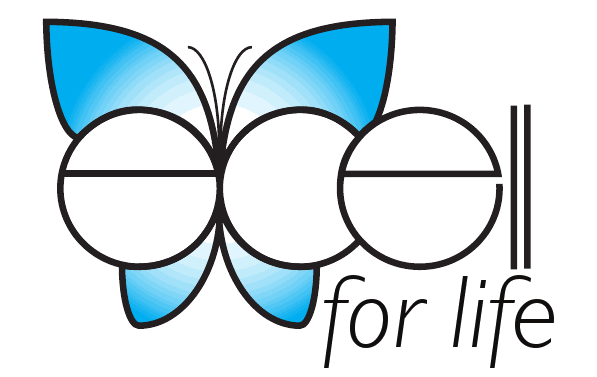Fructose: The Not-So-Sweet Truth
We have been hearing a lot in health news today about High-Fructose Corn Syrup. The corn industry would have us all believe that their product is perfectly natural and a healthy alternative to sucrose, or table sugar. Is this really true? Let’s examine the real facts about high-fructose corn syrup.
Much of the sugar we use is sucrose, or table sugar. It is a disaccharide; that is, it is composed of two types of simple sugars: glucose and fructose. Table sugar is about half glucose and half fructose. Fructose is a simple sugar. It is the sweetest of all sugars and it occurs naturally in fruits and vegetables. It does not raise blood sugar levels as glucose (another type of simple sugar) does. So if this is true, then why wouldn’t fructose be healthier than other types of sugar?
Our bodies can use and store glucose easily; every cell in our bodies needs glucose as energy to function. Fructose is a different matter—the only organ that can metabolize fructose is the liver. And when we eat a diet that is high in fructose, our livers get overwhelmed and can only turn the fructose into fat. Diets high in fructose (and also other sugar) are most probably responsible for the epidemic of obesity in our country. The fat that your body makes from fructose also turns into VLDL cholesterol, which leads to high blood cholesterol, excess fat around the organs, and heart disease.
Fructose, especially high-fructose corn syrup, is present in large and concentrated amounts in many of the processed foods, soft drinks (including “healthy” sports drinks), baked goods, crackers, canned goods, etc. in our western diet. Fruit juice concentrates are also used in our food and billed as “healthy sweeteners”. It is also present, of course, in fruit and vegetables, but since it is so very sweet, fruit contains very small amounts of fructose. Fruit and veggies are also high in fiber and water, which helps for your body to not absorb the fructose. So fruit and vegetables are good to eat and not harmful. For example, one cup of chopped tomato contains about 2.5 grams of fructose, whereas one 12-oz. can of regular soda contains about 35 grams of fructose in the form of high-fructose corn syrup. Fruit juices also contain large amounts of natural fructose but not the fiber of the actual fruit, so they are NOT good for you or your children. It is MUCH better to eat the fruit instead of having the fruit juice! Keep in mind also that our ancestors did not consume fructose on a daily basis; they only were able to eat fruit and vegetables seasonally and did not have access to all the processed foods that we do. The addition of food additives and preservatives that our livers also have to process doesn’t help the problem. This explains why we have become fatter with the introduction of packaged/ processed foods.
Excess fructose also contributes to insulin resistance because it doesn’t stimulate the pancreas to release insulin. In people who are not diabetic, insulin is released by the pancreas to bind with glucose so that it can enter the cells and give us energy. So foods that are made into glucose by our bodies can be easily used as energy, whereas excess fructose just turns into fat.
Insulin resistance leads to elevated insulin and insulin-like growth factor in the entire body, which may cause cancer.
The normal release of insulin in our bodies triggers a hormone called Leptin, which is responsible for letting us know when we have had enough to eat. When we consume large amounts of fructose not only are we packing on the pounds, but we also have no sense of when we are full and satisfied. This is because there is not enough insulin in our systems to release the Leptin. The result of that is we consume even more calories!
Too much fructose increases blood levels of uric acid, which can lead to gout and high blood pressure.
High levels of fructose intake cause deposits of fat in the liver, leading to fatty liver disease.
Sugar can be addictive. I have friends who say they have uncontollable cravings for sweets on a daily basis. They only way to stop this is to stop eating sugar—especially fructose. Keep in mind, though, the fructose in fruit and vegetables is OK to eat!
Why is high-fructose corn syrup used so much instead of table sugar (still bad but with half the fructose of the corn syrup)? High-fructose corn syrup has become incredibly cheap and quite abundant. This is partially due to corn subsidies in our country.
What can you do? As I have said before in my blog, BE A LABEL READER! Skip the soft drinks, crackers, and cookies! Be good to yourself and your family. Get back to eating REAL FOOD! God didn’t put engineered and processed foods in our world for us to eat!
Blessings to you,
Nurse Anne

